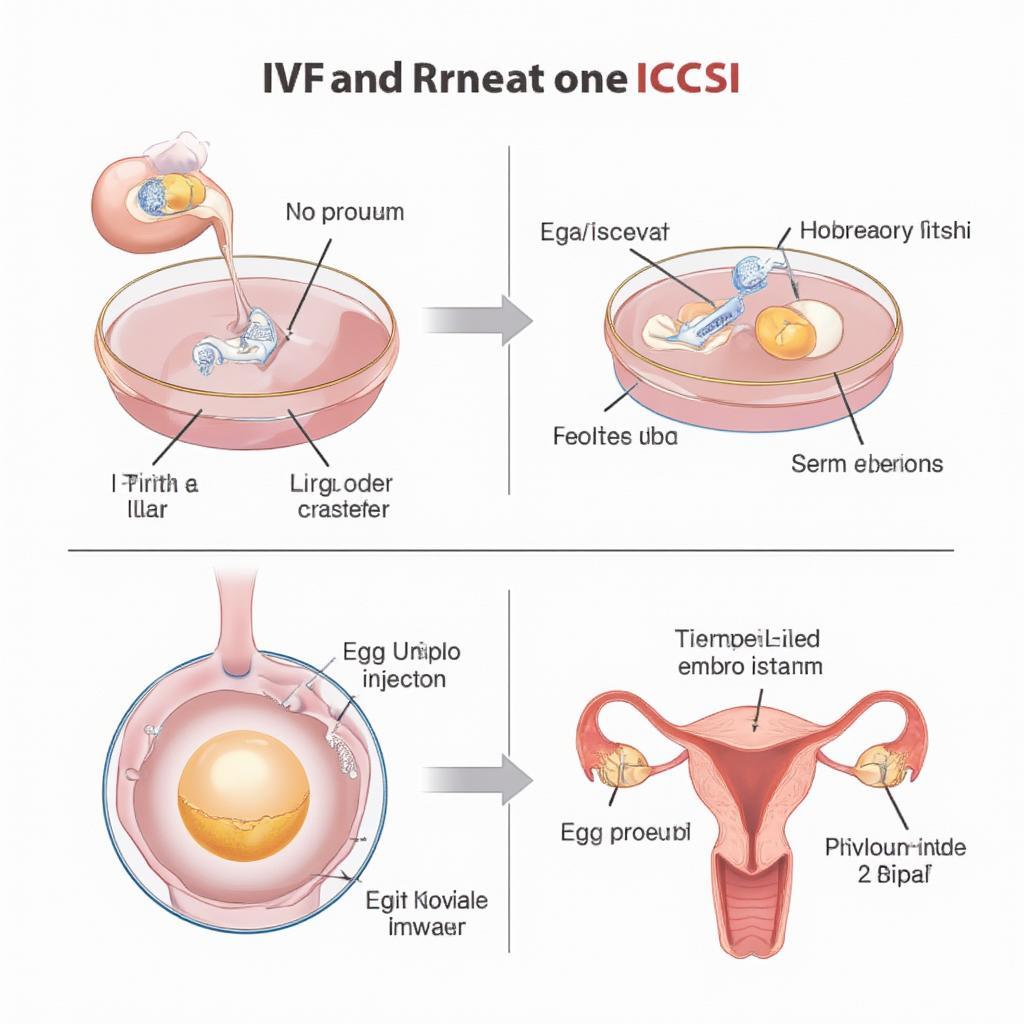Male Infertility Medicine: A Comprehensive Guide to Diagnosis and Treatment

Male Infertility Medicine addresses the diagnosis and treatment of infertility in men, a condition affecting approximately 7% of the male population. It’s a complex issue often stemming from problems with sperm production, function, or delivery. Understanding the underlying causes, available diagnostic tools, and various treatment options is crucial for couples struggling with conception. This guide provides an in-depth look at male infertility medicine, empowering men to seek help and explore potential solutions.
Understanding Male Infertility: Causes and Risk Factors
Male infertility can be attributed to a variety of factors, ranging from lifestyle choices to underlying medical conditions. Some common causes include varicoceles (enlarged veins in the scrotum), infections, hormonal imbalances, genetic defects, and certain medications. Lifestyle factors such as smoking, excessive alcohol consumption, drug use, obesity, and exposure to environmental toxins can also contribute to male infertility. Additionally, certain medical procedures, past trauma, and even psychological stress can impact fertility.
Identifying the Root Cause: Diagnostic Procedures in Male Infertility
Diagnosing male infertility typically begins with a thorough physical examination and a detailed medical history review. Semen analysis, a cornerstone of male infertility testing, assesses various sperm parameters, including sperm count, motility (movement), and morphology (shape). Additional tests, such as hormone level checks, genetic testing, scrotal ultrasound, and specialized sperm function tests, may be necessary to pinpoint the specific cause of infertility.
Exploring Treatment Options: Medical and Surgical Interventions
Male infertility medicine offers a range of treatment options tailored to the specific cause of infertility. For hormonal imbalances, hormone therapy can help regulate testosterone and other hormones essential for sperm production. In cases of varicoceles, surgical repair (varicocelectomy) can often improve sperm parameters and enhance fertility. Infections are typically treated with antibiotics, while certain medications can address specific underlying conditions contributing to infertility.
Assisted Reproductive Technologies (ART): Overcoming Infertility Challenges
When medical or surgical interventions are insufficient, assisted reproductive technologies (ART) provide alternative pathways to parenthood. Intrauterine insemination (IUI), a procedure where processed sperm is directly placed into the uterus, can be effective for mild to moderate male infertility. In vitro fertilization (IVF), a more complex procedure involving fertilization outside the body, offers a solution for severe male infertility, allowing for the selection of healthy sperm and direct fertilization of the egg. Intracytoplasmic sperm injection (ICSI), a specialized IVF technique, involves injecting a single sperm directly into an egg, bypassing certain sperm function issues.

Lifestyle Modifications: Enhancing Fertility Naturally
While medical interventions play a crucial role, lifestyle modifications can significantly impact male fertility. Adopting a healthy diet rich in fruits, vegetables, and whole grains, maintaining a healthy weight, exercising regularly, limiting alcohol and caffeine intake, and quitting smoking can positively influence sperm health and overall fertility. Managing stress through relaxation techniques, such as yoga or meditation, can also contribute to improved reproductive health.
Navigating the Emotional Journey: Support and Counseling for Male Infertility
Dealing with infertility can be emotionally challenging for both men and women. Seeking support from counselors, therapists, or support groups specifically designed for infertility can provide a safe space to process emotions, cope with stress, and navigate the complexities of treatment. Open communication with partners, family, and friends is also essential for emotional well-being during this journey.
The Future of Male Infertility Medicine: Emerging Research and Innovations
Ongoing research in male infertility medicine continues to pave the way for new diagnostic tools and treatment options. Advancements in genetic testing, stem cell therapy, and microsurgical techniques hold promise for addressing previously untreatable cases of male infertility. Staying informed about the latest developments in the field can provide hope and empower men to make informed decisions about their reproductive health.
“Early diagnosis and intervention are key in managing male infertility,” says Dr. Andrew Thompson, a leading reproductive endocrinologist at the Fertility Institute of Southern California. “With advancements in male infertility medicine, there are now numerous effective treatment options available to help men achieve their dream of fatherhood.” He further emphasizes the importance of a comprehensive evaluation and personalized treatment plans tailored to individual needs. Dr. Thompson also highlights the crucial role of lifestyle modifications in optimizing fertility outcomes.
In conclusion, male infertility medicine encompasses a broad spectrum of diagnostic and treatment approaches to address the complex issue of male infertility. From identifying underlying causes to implementing advanced reproductive technologies, the field offers hope and solutions for couples struggling with conception. By seeking professional guidance, adopting healthy lifestyle choices, and staying informed about the latest advancements, men can take proactive steps towards improving their reproductive health and achieving their family planning goals. Remember, male infertility medicine is constantly evolving, offering new possibilities for a brighter future.




